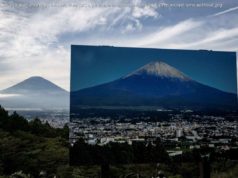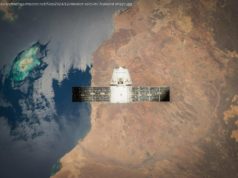Array
The leaders of South Korea and Japan are set to meet in Tokyo on Thursday, in the first official bilateral meeting between the two countries‘ leaders in 12 years. A potential thaw in ties between these two key U.S. allies could yield big dividends for the Biden administration and its Asia policy.
Both South Korea’s President Yoon Suk Yeol and Japan’s Prime Minister Fumio Kishida are gambling that they can overcome historical feuds and domestic politics that have sent relations between the two neighbors — two of the region’s largest economies and established democracies — to their lowest point in decades.
If things go his way, when Yoon makes a state visit to the White House next month, he could deliver an accomplishment to President Biden: mended fences with Japan.
Washington has long sought to cajole its allies into shelving their disputes and building a tripartite alliance to meet security challenges in Asia, especially from China and North Korea.
Yoon broke the ice this month by proposing a solution to a long-simmering feud dating back more than a century, when some 780,000 Koreans toiled as forced laborers in mines and factories during Japan’s 1910-1945 colonial occupation of the Korean peninsula.
In several 2018 rulings, South Korea’s Supreme Court ordered two Japanese companies to compensate their former laborers, but the companies refused to pay. They argued that the issue had been settled when Seoul and Tokyo established diplomatic relations in 1965.
Under Yoon’s proposal, a public foundation, funded by voluntary donations from South Korean and possibly Japanese companies, would compensate the victims and their families.
Japan’s Prime Minister Kishida greeted the announcement as a sign of a „return to a healthy relationship between Japan and South Korea.“South Koreans are skeptical about the proposal
For the deal to succeed, the government will have to convince a skeptical South Korean public.






